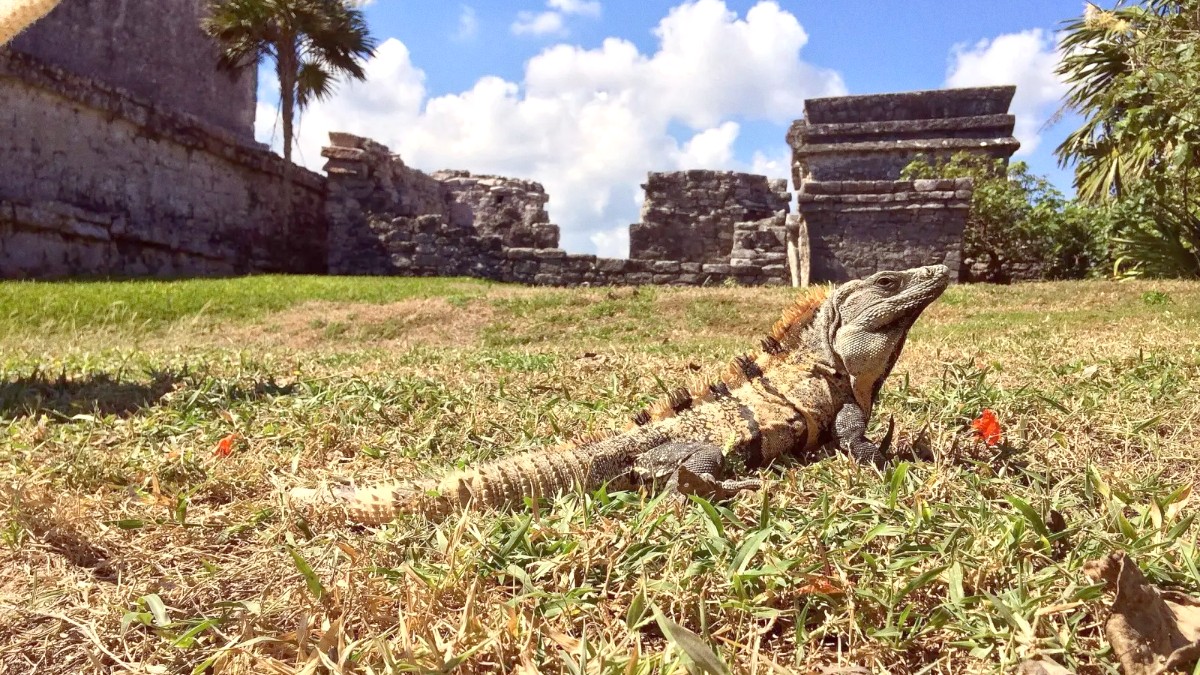
Central Gulf Coast, Mexico
Imagine walking cobblestone streets where centuries of history unfold, from the echoes of colonial trade to the rhythms of Danzón music filling the main square. Veracruz is a city that engages all senses. The aroma of fresh seafood cooking, the sound of traditional Son Jarocho, and the sight of historic buildings bathed in the Gulf light create a memorable atmosphere. This guide holds practical information and insights for your trip. Navigate the city with ease, discover its hidden corners, and connect with its lively culture.
Veracruz is not just a beach resort. It acts as a working port, a historical monument, and a cultural heart. It has a multi-faceted experience for all who visit.
Plan your visit to Veracruz for an experience that shows a side of Mexico rich in history and distinct cultural character.
Veracruz de Ignacio de la Llave, often called simply Veracruz, is a special position on Mexico's Gulf Coast. Situated in the central part of the state of Veracruz, it lies approximately 400 kilometers (250 miles) east of Mexico City. This location makes it a gateway for both maritime trade and land-based travel from the country's interior. The city rests on a low-lying coastal plain, stretching along the shores of the Gulf of Mexico. This geographical feature makes Veracruz its natural harbor, a defining characteristic throughout its history.
The city's flat topography contrasts with the nearby mountainous regions of the state. This coastal plain extends inland, gradually rising into the Sierra Madre Oriental. The immediate coastal environment includes sandy beaches, estuaries, and mangrove systems, though the city itself is highly urbanized along the waterfront. The Gulf of Mexico gives Veracruz its tropical savanna climate, influencing daily life and the rhythm of the seasons. Ocean breezes temper the heat, offering some relief, especially along the Malecon, the city's popular waterfront promenade.
Gateway for trade and travel.
Flat terrain with natural harbor.
Distinct wet and dry seasons.
Quick access to diverse landscapes.
Busy hub for commerce.
Its port acts as a major hub for international trade, handling a vast volume of goods. This constant maritime activity shapes the city's character, giving it a bustling, cosmopolitan feel while retaining its deep Mexican roots. The proximity to productive agricultural lands inland also connects Veracruz to the wider state economy, which includes coffee, sugar cane, and various fruits. The combination of port activity, historical significance, and a distinct regional culture makes Veracruz an unique geographical and cultural crossroads within Mexico.
The city's layout reflects its coastal nature, with attractions like the San Juan de Ulúa Fort situated on an island within the harbor, and the lively Malecon stretching along the shoreline. Visitors quickly find that the ocean is not just a backdrop; it shapes the city's cuisine, its industries, and its people's way of life.
The flat terrain makes walking and cycling convenient for exploring the historic center and waterfront areas. While the city itself is low-lying, day trips to the west quickly bring visitors to higher elevations and different ecological zones, offering diverse landscapes within a relatively short distance.
The formidable San Juan de Ulúa Fort, a massive fortress complex on a harbor island, testifies to this turbulent past. Construction began in 1535, and the fort grew over centuries, acting as a bastion against pirates, a colonial prison, and a military stronghold. It saw many of these invasions and remains a powerful symbol of Veracruz's defensive role. The fort's history intertwines deeply with Mexico's struggle for independence and its defense against foreign powers.
Veracruz holds an unparalleled place in the history of mainland America. Hernán Cortés founded the city on April 22, 1519, naming it Villa Rica de la Vera Cruz, or "Rich Town of the True Cross." This event marked the beginning of Spanish colonial rule in what would become New Spain. For centuries, Veracruz acted as the main gateway between colonial Mexico and Spain. All goods, silver, and people flowed through this port, making it the most important economic and cultural link for the viceroyalty.
Its strategic position made Veracruz a frequent target. The city has persisted numerous historical conflicts, earning it the distinction of "Heroic Veracruz" four times over. This title celebrates the city's resilience in the face of foreign invasions. In 1838, the French attacked during the "Pastry War." The United States invaded in 1847 during the Mexican-American War. Another French invasion occurred in 1861, part of the French intervention in Mexico. Finally, in 1914, the United States occupied the city again. Each conflict left its mark, shaping the city's defenses and contributing to its proud, independent spirit.
Veracruz is known for its music scene. Danzón, with its formal steps, and lively Son Jarocho, with its unique string instruments, fill the air.
The local cuisine focuses on fresh seafood and a blend of flavors, reflecting centuries of diverse cultural influences.
Colonial buildings and the impressive San Juan de Ulúa Fort mark the city's long past.
Veracruz's historical narrative extends beyond military conflicts. It acted as a melting pot of cultures. This blend appears in the city's music, especially Son Jarocho and Danzón, and its distinct cuisine.
Officially known as Heroica Veracruz, a four-time heroic city for its resilience.
Approximately 607,209 residents (2020 Census) in the municipality.
Port operations, petrochemicals, tourism, manufacturing, and commerce.
The cornerstone of Veracruz's prosperity and a major hub for international trade.
Important industries contributing to the city's diverse economic base and job opportunities.
Growing sectors drawing visitors keen on history, music, seafood, and contributing to the city's atmosphere.